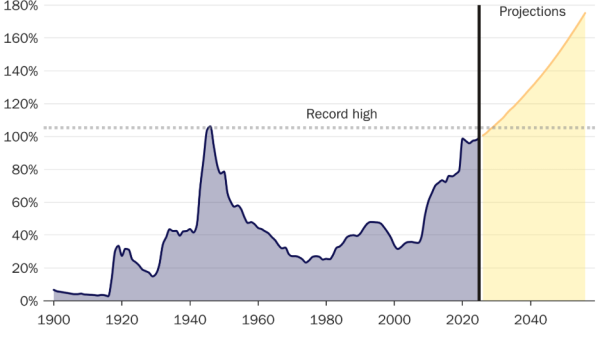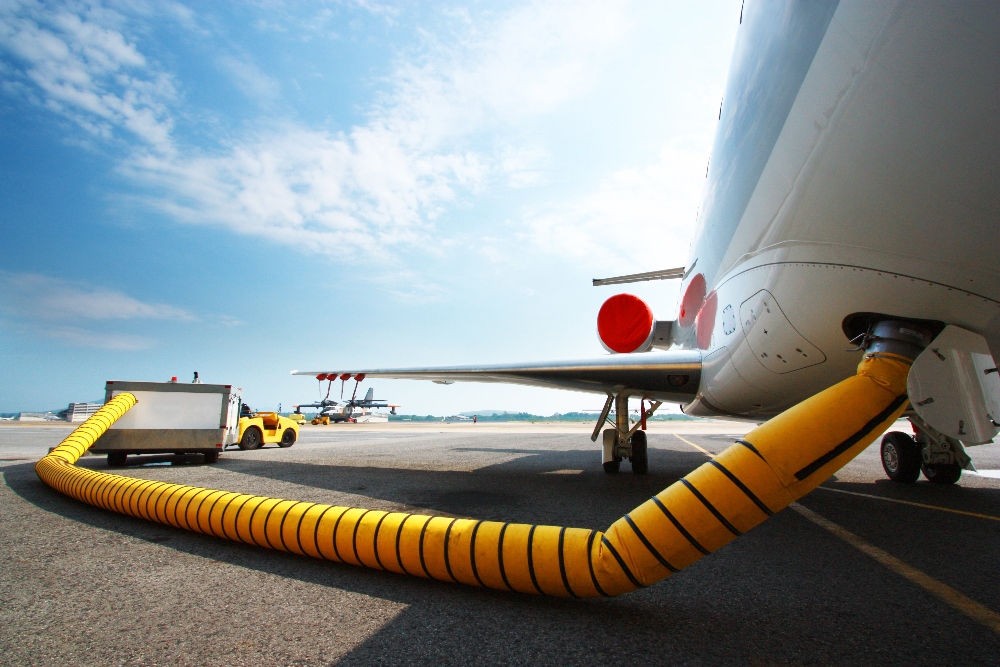Jet fuel prices have seen a dramatic drop, now standing at $2.39 per gallon as of July 2024, marking a significant 42% decrease from their peak in 2022.
This reduction is a welcome shift for the aviation industry, which faced severe financial strains due to soaring fuel costs in the wake of the pandemic.
However, while this drop offers some relief, it comes with its own set of challenges and implications for airline ticket prices and the broader industry landscape.
Fuel price trends: From peaks to troughs
According to Statista, the current price of $2.39 per gallon represents a substantial decrease from the 2022 highs, reflecting a more stable period for fuel costs.
However, the U.S. Energy Information Administration (EIA) notes that current prices remain elevated compared to pre-pandemic levels, where prices were consistently between $1.80 and $1.90 per gallon in 2019.
Source: Statista
The trajectory of jet fuel prices in 2020 and beyond has been marked by volatility.
Prices initially fell for the U.S. Gulf Coast until May 2020 but then surged steadily, reaching new highs by June 2022.
Despite the recent decline, high fuel costs continue to pose a challenge for airlines, impacting their operational expenses and profitability.
What’s the impact of jet fuel price on airline economics?
The recent drop in jet fuel prices provides some financial relief, but airlines are still grappling with the long-term impact of fuel costs.
The complex interplay between fuel prices, consumer demand, and industry regulations influences airline ticket prices.
Elevated fuel costs, combined with significant taxes and airport fees, often get passed on to consumers, affecting ticket affordability.
Projections suggest that while jet fuel prices may remain stable, they will continue to impact the cost structure of airlines.
This ongoing economic uncertainty requires the industry to navigate challenges with resilience and adaptability.
What do airlines do to mitigate fuel price fluctuations?
To manage the financial impact of fluctuating fuel prices, airlines employ various strategies.
Fuel hedging is a key tactic, allowing airlines to lock in fuel prices at favorable rates and shield themselves from sudden price spikes.
Additionally, airlines focus on operational efficiency improvements and fleet modernization to reduce fuel consumption and lower costs.
Other strategies include adjusting ticket prices, flexible scheduling, and capacity management.
By implementing these measures, airlines aim to maintain operational stability and financial health despite volatile fuel markets.
Effective financial risk management also plays a crucial role in navigating the uncertainties associated with fuel prices.
The recent decline in jet fuel prices offers a reprieve for the aviation industry, but it does not eliminate the ongoing challenges associated with fuel costs.
As airlines continue to face economic pressures and navigate the complexities of the market, their ability to adapt and manage fuel price fluctuations will be critical in shaping ticket prices and ensuring financial stability.
The combination of strategic adjustments and resilient operations will be essential for the industry as it moves forward in a volatile economic environment.
The post Jet fuel prices fall to $2.39: How this affects your airline ticket prices and aviation industry trends appeared first on Invezz


























